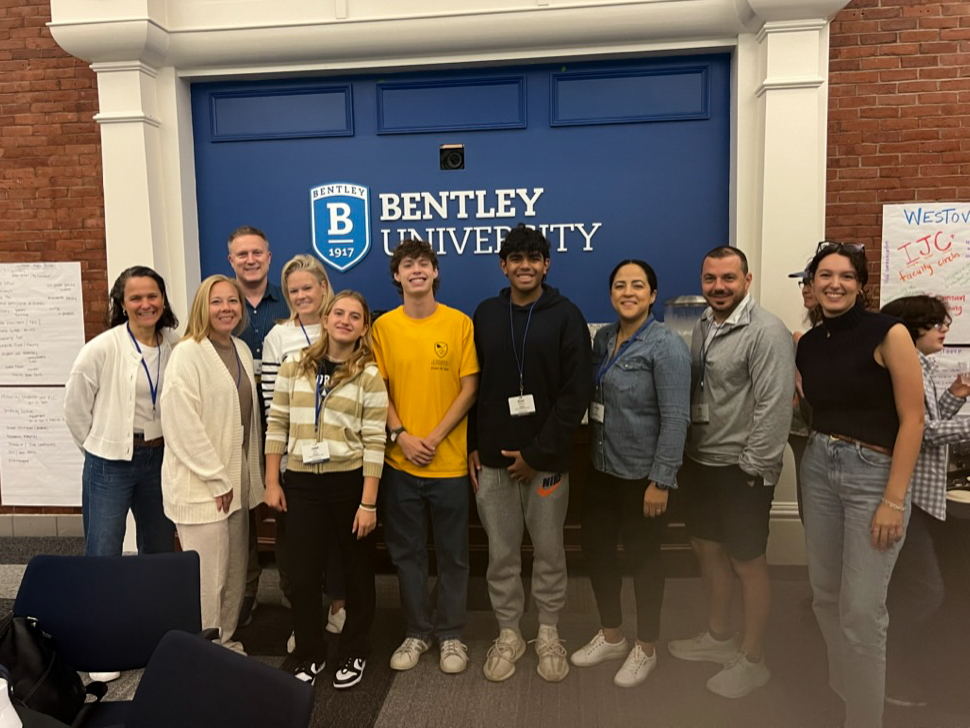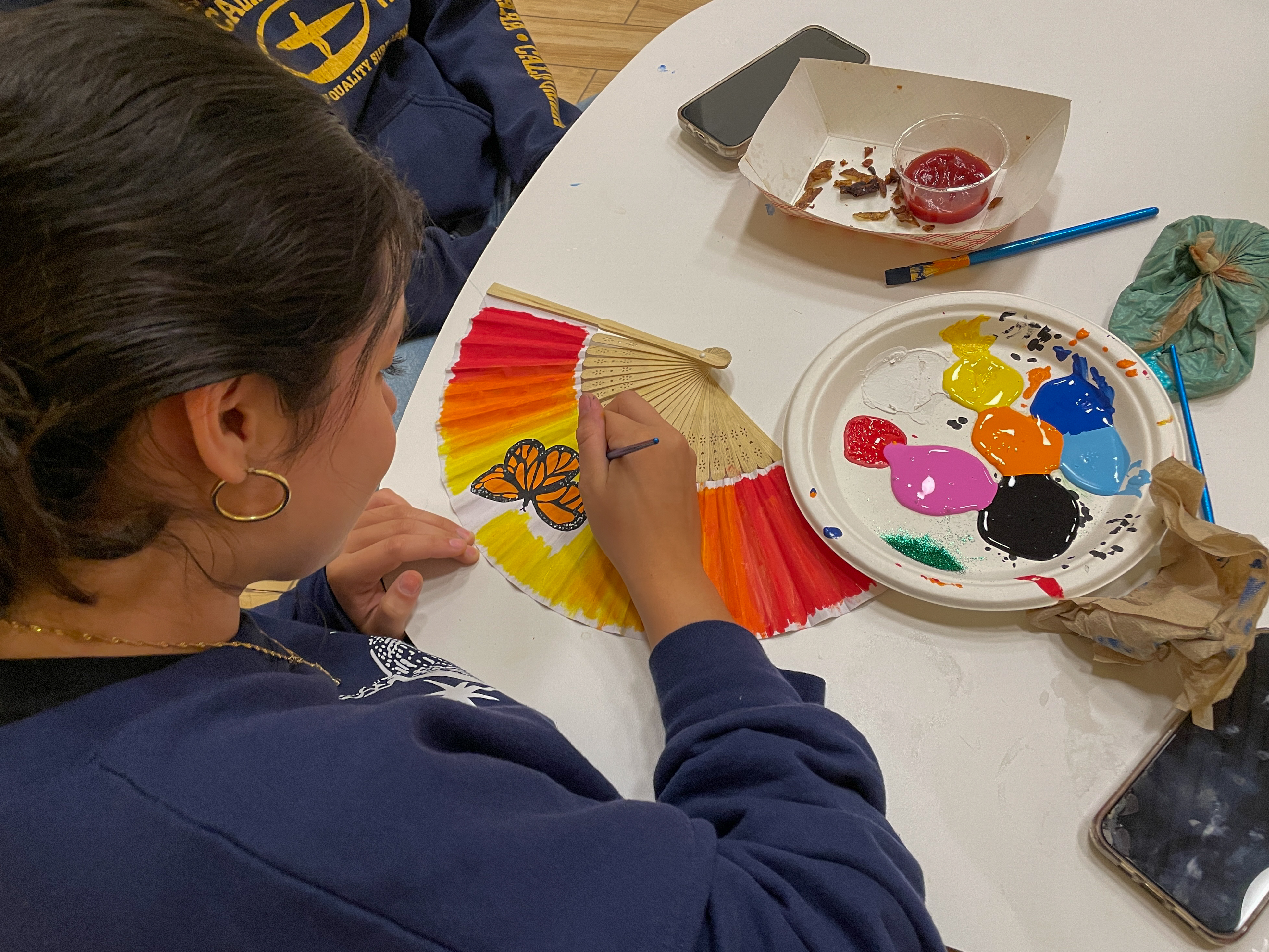Since its implementation three years ago, the dorm lottery system has been met with acceptance; however, some faculty are now questioning potential problems the new system might cause in regards to dorm diversity. Director of Residential Life Mr. Will Morris reached out to Mr. Corey Wrinn, Director of Institutional Research, to run an analysis to pinpoint any patterns regarding diversity across all metrics in Choate’s dorm communities.
After spring 2015, the school combined a majority of fourth and fifth form dorms as part of a strategic plan focused on cohesion and culture. Mr. Morris said that the dorm-assignment systems in Choate’s peer schools inspired the changes in the school’s lottery system. “Our system is unique in that we permit essentially random chance to determine where our students live. The housing lottery is truly a lottery based on luck and chance. And, in most cases, our peer schools are exerting more influence over that outcome.”
The new system was designed to allow students to strengthen relationships with their advisers and dormmates. While students may still choose to move dorms between their fourth and fifth form years, the current ‘tiered’ lottery encourages them to stay by prioritizing the preferences of those who choose to remain in the same dorm for consecutive years. “The benefit of moving every year is that you get a fresh start. You get a chance to meet and develop a relationship with a new adviser, and new peers, who you might not have met otherwise,” continued Mr. Morris. Students may no longer be motivated to pursue these benefits with the current ‘tiered lottery system.’
Mr. Morris estimates that about 70% of fourth formers opted to stay in the same dorm for a second year. While pleased with the students’ positive response, Mr. Morris also worried how that trend might affect the makeup of dorm communities. “We now face the situation where it becomes increasingly likely that a student’s tenth grade placement will be replicated in the eleventh grade year — so we don’t have this reshuffling going on, and that raises the question of clustering.” After conducting a study with Mr. Wrinn and Dean of Students Mr. James Stanley, Mr. Morris said, “We saw that a large number of students were deciding to stay where they were, so we wanted to look into this a little more.” Ethan Luk ’20 said, “I think having sophomore and junior dorms helps bridge that divide between the forms. I really feel strongly that it’s a good thing and I would really like to know that there are always people I can reach out to who have experienced whatever I feel, in my dorm. People who live in the same dorm will always stay together. Living in separate houses won’t stop clumping.”
A follow-up study to be conducted this year will concentrate on fourth and fifth formers, in an attempt to understand the effects of integrating grades on the diversity of dorms. The study could provide insight on how to proceed with the lotteries for third and sixth formers.
Mr. Wrinn and Mr. Morris agree that diversity is a nuanced concept, and the study on dorm diversity is meant to be open-ended. Diversity is not only about race or ethnicity, but also about students’ hometowns, interests, and other traits. “We don’t have an exact question,” Mr. Wrinn affirmed, “We have to see what ends up happening.” Mr. Wrinn described it as a “data-mining project” rather than an analysis geared toward trying to answer a specific question. His goal is to discover patterns that might exist in the residents of each dorm.
Mr. Wrinn plans to have results of the new analysis by the end of the fall term so that conversations between Mr. Morris and other faculty about how to move forward can take place during the winter term. Mr. Morris hopes to be able to notify students about any changes the Deans’ Office decides to make to the dorm lottery sooner rather than later, giving students time to plan before they must apply for dorms in the spring.
It is entirely possible that the analysis coming up in the next month will not yield any noteworthy patterns. “Once we dig into it, we might not find anything. That’s a part of research,” explained Mr. Wrinn, who has a strong background in statistical projects. “There might not be any differences, there might not be any trends. We won’t know until we get more into it.” Mr. Morris explained, “We need to decide whether or not clusters, if they exist, are clusters that we feel are beneficial to students. Once we have the data, we can be more specific.” The tiered lottery system could be preserved following this analysis — it is all a matter of the results of the study and the conversations that will subsequently take place between faculty, students, and parents.
Mr. Morris knows that a balance between facilitating stronger relationships in dorms and exposing students to a range of perspectives is difficult to achieve. He said, “The current system recognizes that a student will sometimes need a change of scene, whatever the reasons are. So the system does not prevent that – it still permits that.”




